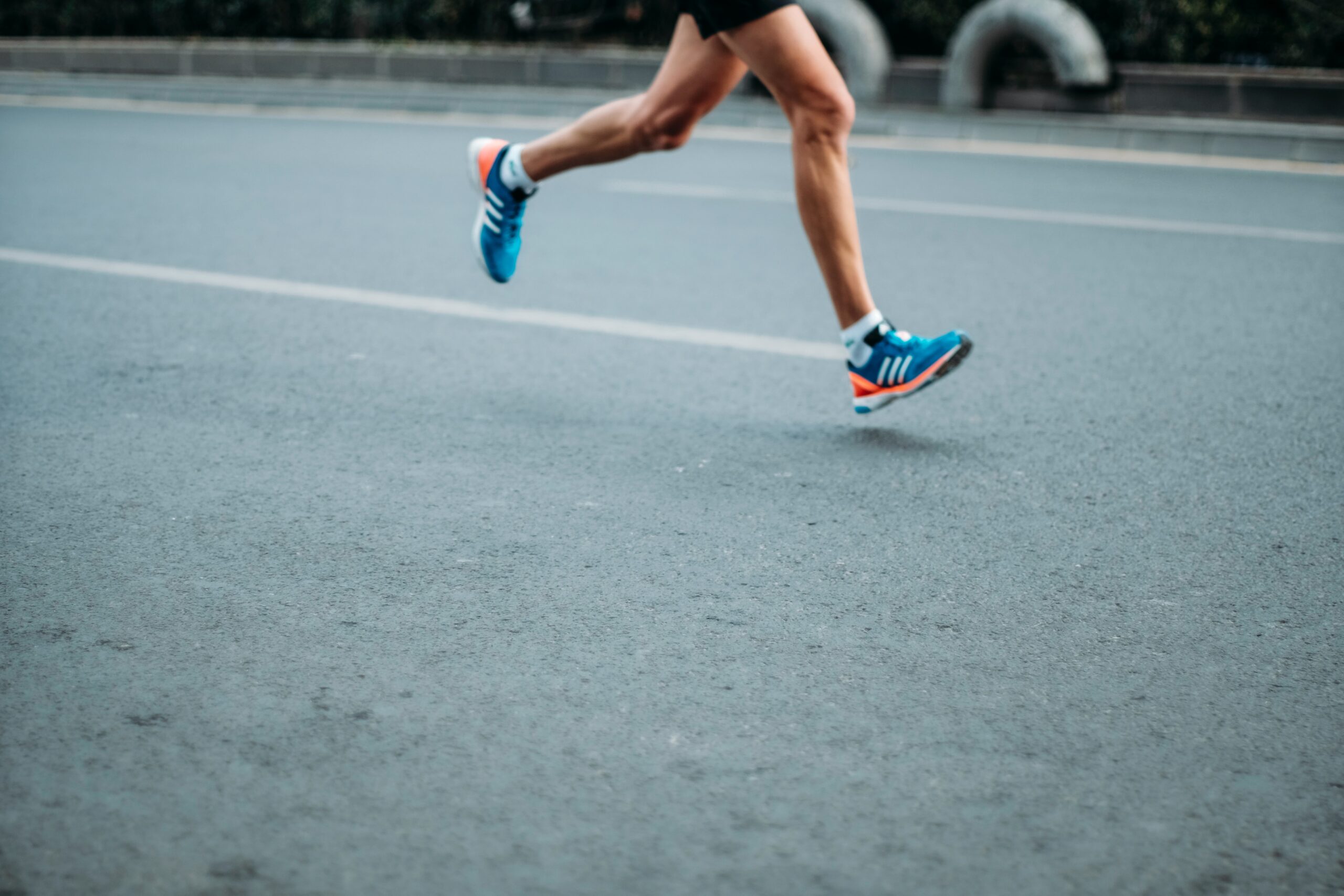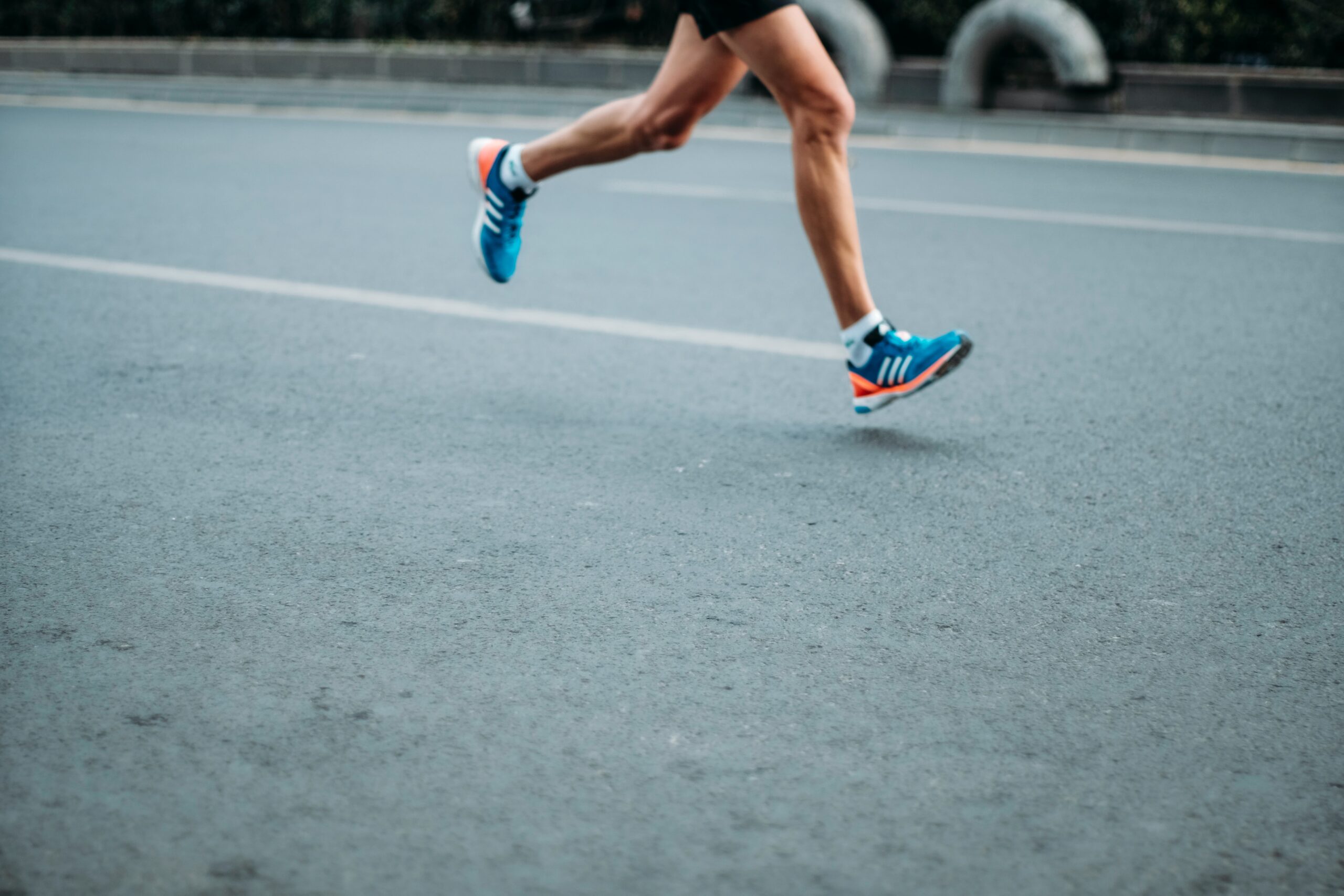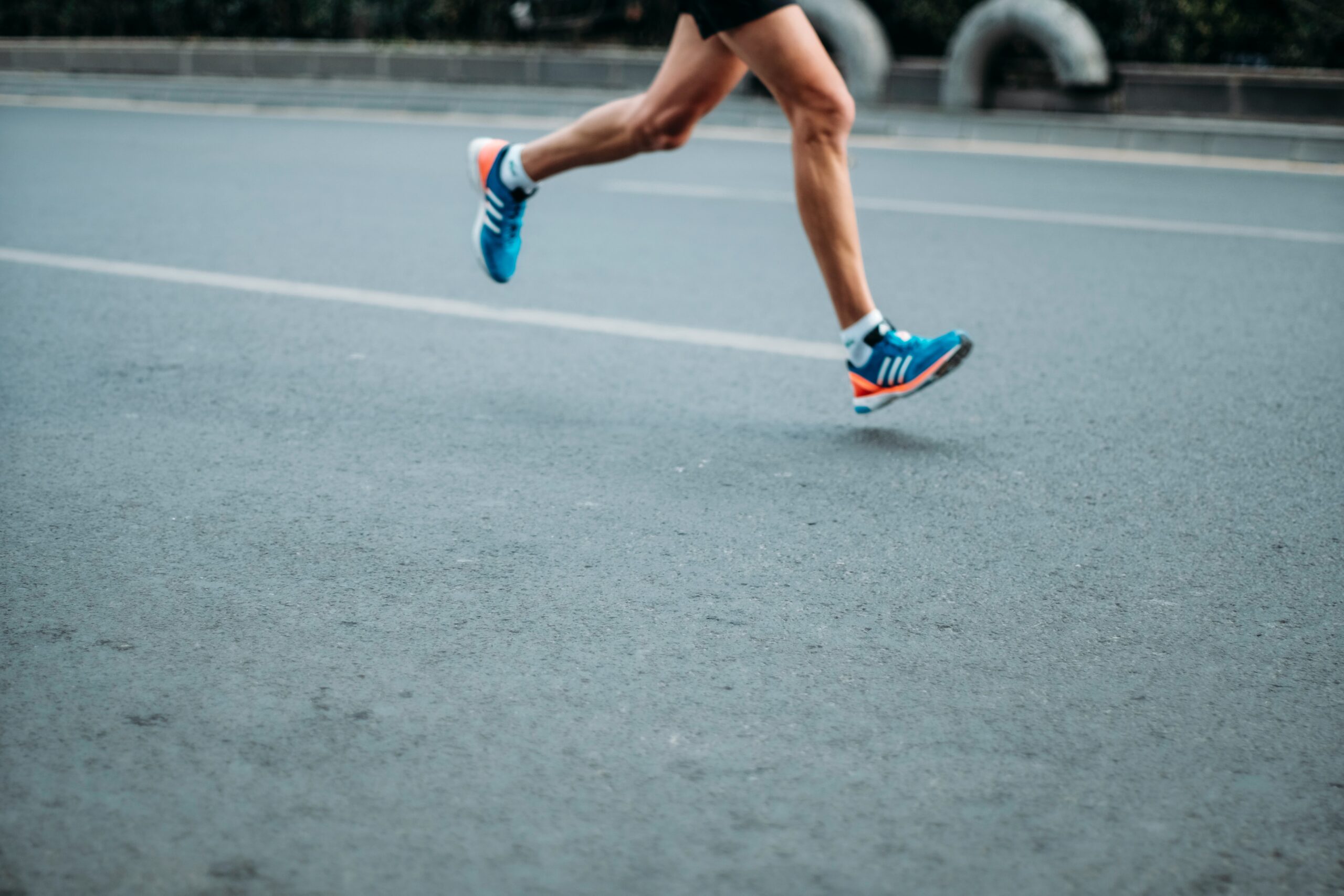Introduction
The debate between vegan and omnivorous diets has been ongoing for years, and it extends to various aspects of life, including fitness and exercise. One such area where this debate is prevalent is running. Many people wonder whether a vegan diet can provide the necessary nutrients and energy for running, or if an omnivorous diet is superior. In this blog post, we will explore the benefits and considerations of both diets for runners.
Vegan Diet for Runners
A vegan diet consists of plant-based foods and excludes all animal products, including meat, dairy, and eggs. Despite the absence of animal-derived foods, a well-planned vegan diet can provide all the necessary nutrients for runners.
One of the advantages of a vegan diet for runners is its high intake of fruits, vegetables, whole grains, and legumes. These foods are rich in essential nutrients, antioxidants, and fiber, which can contribute to improved overall health and recovery.
Moreover, plant-based diets are typically low in saturated fats and cholesterol, which may reduce the risk of heart disease. This can be beneficial for runners, as a healthy cardiovascular system is crucial for endurance and performance.
Omnivorous Diet for Runners
An omnivorous diet includes both plant-based and animal-derived foods. It allows for a wider variety of nutrient sources, including complete proteins, iron, and vitamin B12, which are important for runners.
Animal products, such as lean meats, fish, and eggs, are rich in high-quality proteins that contain all the essential amino acids. Proteins are vital for muscle repair and recovery, making them an important aspect of a runner’s diet.
In addition, animal products are a primary source of heme iron, which is more easily absorbed by the body compared to non-heme iron found in plant-based foods. Iron is essential for oxygen transport in the blood, which is crucial for endurance and energy production during running.
Considerations for Vegan Runners
While a vegan diet can provide all the necessary nutrients for running, there are a few considerations that vegan runners should keep in mind.
Firstly, it is important for vegans to ensure they are getting an adequate intake of plant-based proteins, as they may be less bioavailable compared to animal-based proteins. Including a variety of protein-rich plant foods, such as tofu, tempeh, legumes, and quinoa, can help meet protein requirements.
Secondly, vegans need to pay attention to their vitamin B12 intake, as this vitamin is primarily found in animal products. Fortified foods or supplements may be necessary to meet the recommended intake.
Conclusion
Ultimately, whether a vegan or omnivorous diet is better for running depends on individual preferences, beliefs, and considerations. Both diets can provide the necessary nutrients for runners, and it is important to focus on a well-balanced and varied diet.
Regardless of the diet chosen, runners should prioritize adequate calorie intake, hydration, and nutrient timing for optimal performance and recovery. Consulting with a registered dietitian or sports nutritionist can also provide personalized guidance based on individual needs and goals.






